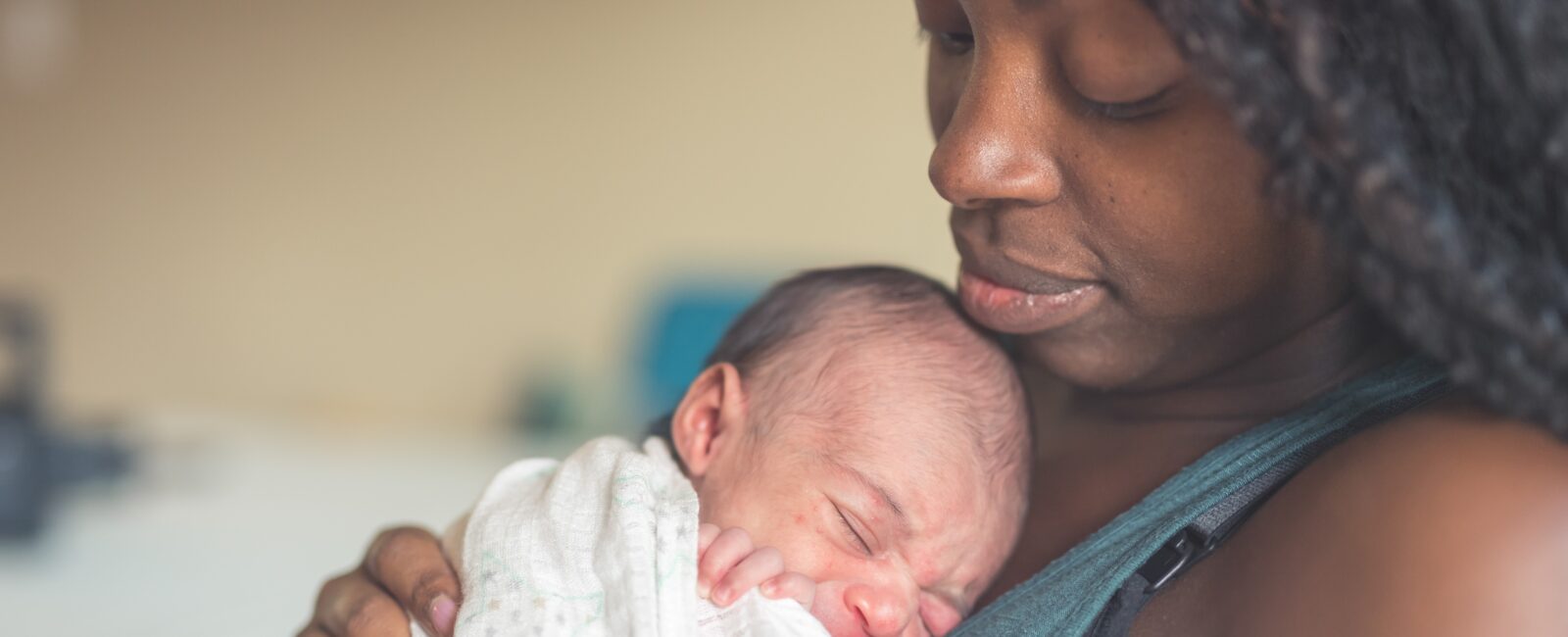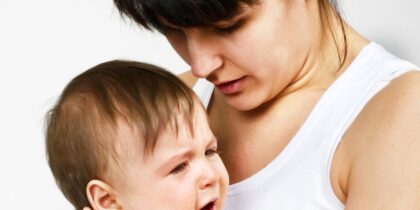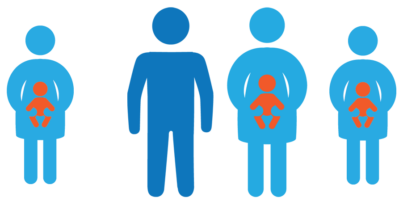Perinatal mental health problems (that is, mental ill-health among women during pregnancy or after birth) affect around one in five mothers. Such difficulties can cause great distress to them and their families and may increase the risk of babies developing mental health difficulties later in life.
The current context
We’re pleased that mothers’ mental health has generated public interest and government action in recent years, especially following our report with the LSE in 2015 on the costs of perinatal mental health problems and our analysis of the role of GPs in perinatal care. In 2016, we welcomed the pledge in the Five Year Forward View for Mental Health that 30,000 more women would have access each year to specialist perinatal mental health care (see our report which recommended the measures). We have also seen an increase in coverage of specialist perinatal mental health services in England, with more to come – but some parts of the UK still have no access to this support.
What needs to change?
There is clearly still much to be done to drive change in maternal mental health. We want to see fewer women struggling during the perinatal period, and more timely and effective support when it’s needed. Too many women are silenced by stigma or their health professionals don’t recognise that they need help.
“Mothers don’t want to say they’re not coping, [they] see it as a safeguarding issue and a failure on their part to say they’re not coping…”
“1 in 10 mums experience postnatal depression and there’s not enough awareness amongst mothers. So to discuss the importance of speaking to a GP or health visitor if you’re not doing ok, that problems do happen and you’re not alone, speak to someone…”
- Read this blog by Sadia Shah on struggling as a new mum
- Read this piece from our chief executive, Sarah, about experiencing postnatal depression.
How could support be improved?
The National Childbirth Trust (NCT) found that up to half of women experiencing mental health difficulties during pregnancy and in the year after did not have their needs recognised by health professionals. The NCT commissioned us to explore the impact of extending the current 6-week check up for babies to include a consultation about the wellbeing of the mother. We found that resourcing GPs to offer a ten-minute appointment about the mother’s health could help to identify more women experiencing mental health difficulties after the birth of their child, and ensure that they receive timely, effective support.
“I tell mothers they’re not a failure, nothing prepares you for being a parent and it’s really hard. It’s incredibly common to go through these difficulties…”
The impact of the Covid-19 pandemic on mothers’ mental health
From early on in the pandemic, the Centre and Maternal Mental Health Alliance were concerned about the likely increased mental health challenges that women in pregnancy and early motherhood were facing as a result of the pandemic and the restrictions introduced to tackle it. We conducted an evidence review of the impact of Covid-19 on the mental health of women during pregnancy and after they’ve given birth, and the support that’s been available during the pandemic.
The report found that women and their families have faced extra pressures on their mental health, including anxiety about giving birth during lockdown or about becoming unwell, fears about losing employment, and increasing levels of domestic violence. It found that some groups of women face a higher than average risk of poor mental health, including women from racialised communities and women experiencing economic deprivation.
If you’re a mother struggling with your mental health (or are caring for someone who is), the Maternal Mental Health Alliance signpost to a range of support on their website.






